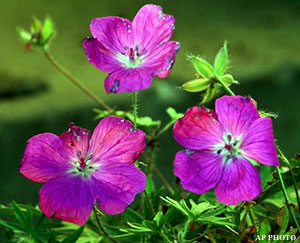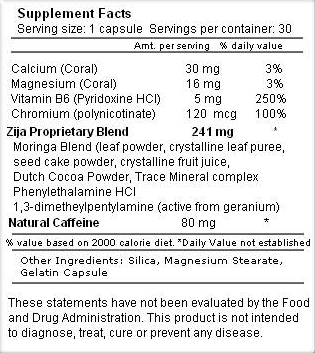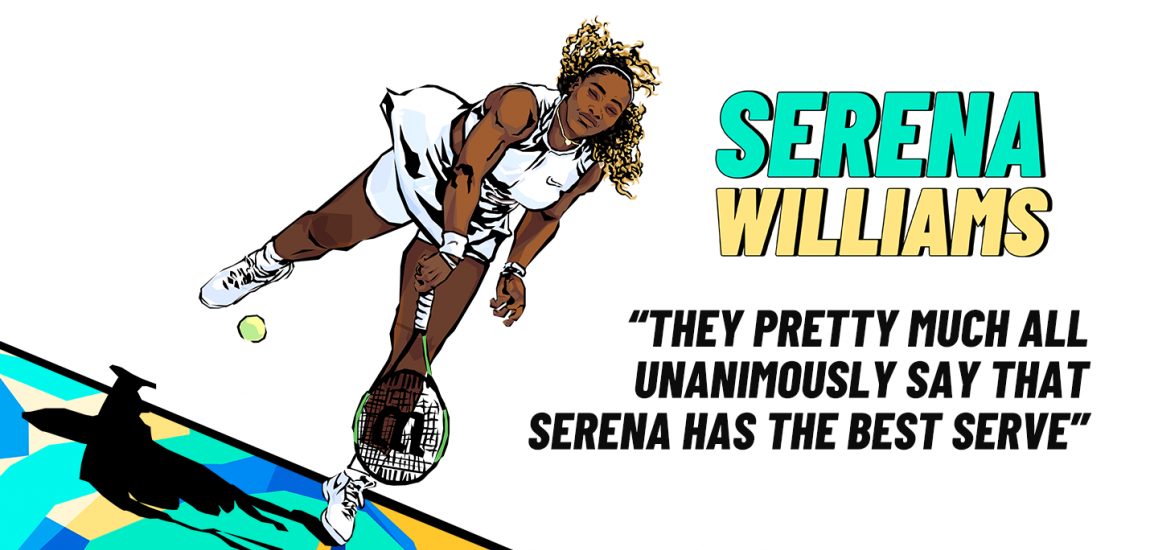
Health experts and anti-drug enforcers are scrambling to warn athletes and the general public about a potentially dangerous supplement ingredient with a harmless name:
Geranium.
But this isn't a pink or purple flower from Martha Stewart's garden. When "geranium" is found on a supplement container, experts say, it's likely a stimulant that can cause heart trauma -- especially in the extreme temperatures sweeping the country this summer.
"This is being sold as an otherwise safe and legit dietary supplement," says Travis Tygart, head of the non-profit, non-governmental U.S. Anti-Doping Agency. "It's not. It's had tragic results to athletes. And there's a whole population of consumers who have no clue."
The most recent and highest-profile story involving a geranium ingredient involves American tennis player Robert Kendrick, who, according to his agent Brent Nowicki, recently took an energy capsule to combat jet lag before the French Open. The product Kendrick took was labeled "1, 3-dimetheylpentylamine (active from geranium)." Kendrick tested positive for Methylhexaneamine -- a banned stimulant also known as DMAA -- and he was banned for a year by the International Tennis Federation. Kendrick is appealing the punishment.
"It is masked under the guise of geranium seed," says Nowicki. "A lot of manufacturers have marketed it as such."
Two calls to Zija, the maker of the energy product Kendrick's agent says his client took, were not returned. But Zija is only one of many manufacturers of supplements with geranium or geranium products listed as an ingredient.

There have been a rash of suspensions for DMAA use since the World Anti-Doping Agency added it to the 2010 banned list. A Nigerian sprinter, Damola Osayemi, was stripped of her gold medal at the 2010 Commonwealth Games for a positive test. Former American 100-meter champion Michael Rodgers tested positive for DMAA after ordering an energy drink mixed with vodka at a club in Italy last month.
But athlete suspensions, devastating as they may be to the punished, could pale in comparison to the bigger threat. Health experts say DMAA is stronger than ephedrine, a stimulant blamed in part for the heatstroke death of Baltimore Orioles pitcher Steve Bechler in 2003.
"It's reminiscent of ephedra from its mechanism of action and its effect on the body," says Ed Wyszumiala, general manager of NSF International, a non-profit agency that tests and certifies nutritional supplements. "From a public health aspect, due to the lack of data out there, there's a significant amount of concern."
In fact, Wyszumiala says if DMAA is taken with caffeine from coffee or an energy drink, the dehydrating forces of 100-degree temperatures can create a potentially toxic brew for high school and college athletes.
"It could have a stacking effect," says NSF research scientist John Travis. "There could be adverse effects -- heart palpitations, increased blood pressure, all the way up to heart attacks."
Nowicki says he doesn't believe Kendrick thought he was taking geranium -- even though it was listed on the label of the product -- but he's nonetheless worried about the use of DMAA among other athletes.
"It's an epidemic," Nowicki says. "DMAA seems to be the new crack -- not in the addictive sense but in terms of its popularity on the substance market. You see it more and more and more."
Over the weekend, Cubs minor leaguer Luis Flores was banned 50 games for a positive DMAA test. A representative for the Tennessee Smokies, the Cubs' AA afflilate, said he didn't know how to reach Flores for comment.

The geranium confusion started when a Chinese study tied DMAA to the plant in 1996. Chemist Patrick Arnold, a developer of THG – a performance-enhancing substance made infamous in the BALCO case of the early 2000s -- patented "Geranimine" and included it as an ingredient in supplement products. When asked by the Washington Post's Amy Shipley in 2006 about geranimine, a representative from Arnold's company claimed it was a natural substance.
Turns out that's highly unlikely -- at least according to NSF International.
"When you see geranium stems [on a label], it's most likely DMAA," says Wyszumiala. "We've never seen geranium being used as an additive."
This July, the American Herbal Products Association ruled members could no longer label DMAA as coming from geranium oil. "After review of the existing science," says AHPA spokesperson Frank Lampe, "we had some issues with the methodology."
The Canadian government went even further, classifying DMAA as a drug. "DMAA is not considered to be an acceptable non-medicinal ingredient in drugs ... or as a food additive," Health Canada said in a statement.
An email to the FDA was not immediately returned.
Despite the warnings, the "geranium" label remains on products sold at many health food stores nationwide.
"I'm glad there haven't been serious catastrophic consequences," Tygart says, "but it's a ticking time bomb."




